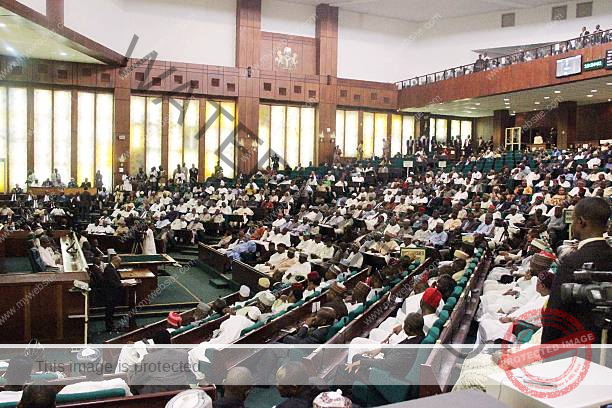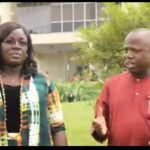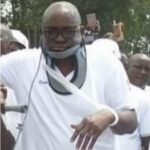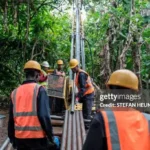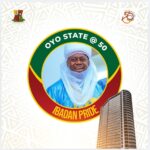
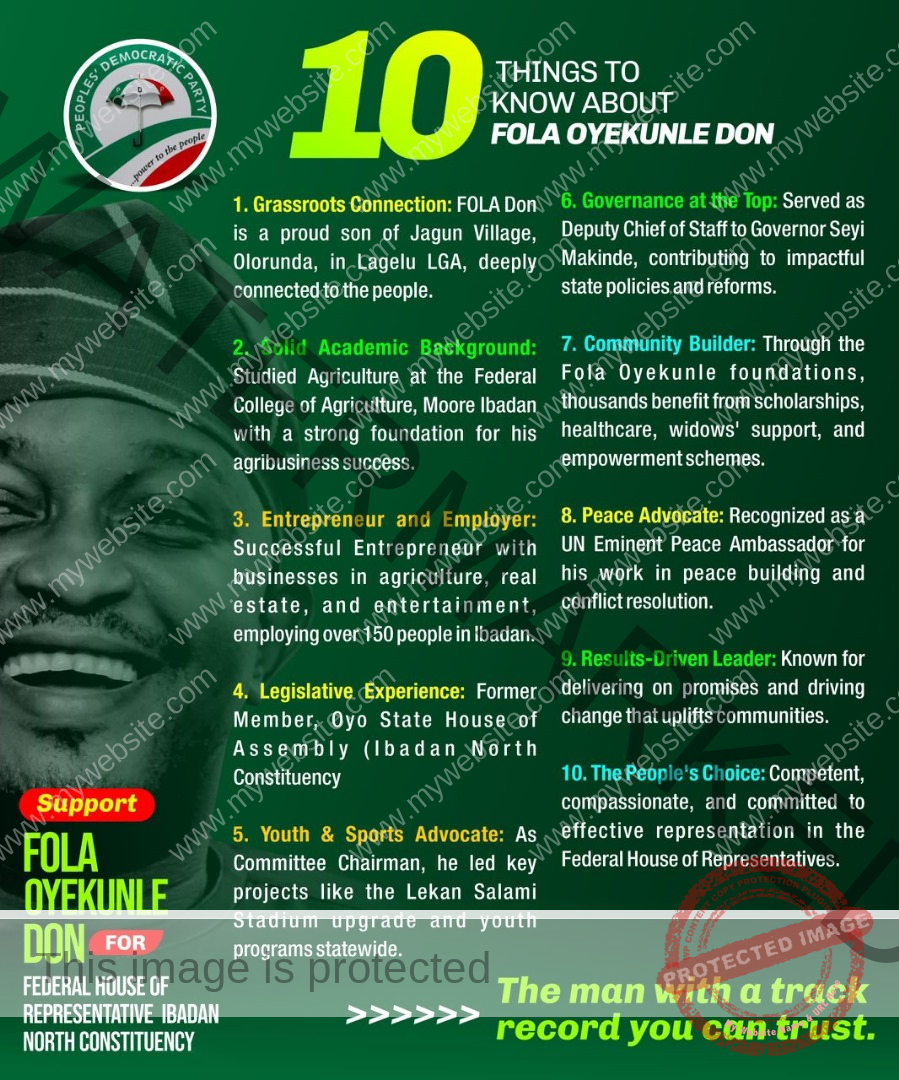
Not long ago, I had a conversation with a Nigerian lawmaker who secured what was considered a near-impossible electoral victory in the 2023 general election. I asked him how his David was able to kill Goliath in that election, and he simply said that the electronic transmission of results helped to achieve the feat. That lawmaker was believed to have been ranged against a certified giant in the contest, but he won because the people were on his side. He contested against a man with a huge financial war chest, with which he hoped to buy up the process. The giant did not ascribe any importance to the people, the real owners of the electoral mandate. But the people voted a d their votes counted from the polling units. I know that many of those who are sitting as members of the respective parliaments today had found themselves in such shoes in 2023 and that some of them scaled through by the grace of the electronic vote transfer system and BVAS adopted by the Independent National Electoral Commission (INEC).
Surprisingly, however, the 10th National Assembly has been somewhat lukewarm on the need to legalise these anti-electoral fraud tools, even when they are more than halfway through their tenure. Going by the fact that the leadership recruitment process is a key element of representative government, how people vote, who they vote for, and why they vote should be of concern to stakeholders in the polity at any given time. Elections are the processes by which the power of the people is exercised in a representative democracy. It is granted that democratic governance emphasises the rule by all citizens, but it is also true that not all citizens can be involved directly in the governance process. Thus, electing representatives who would act according to the wishes of the people becomes imperative. It also becomes important not only to ensure electoral accountability but also to guarantee that those who are elected truly actualise the wishes of the people. That can only be done when the electoral process is free, fair, and credible.
That has been the subject matter of the series of electoral act amendments the National Assembly has embarked upon since 2001. There was the 2006 Act, the 2010 Act, and others, which affected the electoral process one way or the other. But aside from the 2010 Act, another enduring Electoral Act is the 2022 version, which produced the 2023 election. It restructured the delegates’ system for determining candidates that would stand in elections, the electoral calendar, and allowed some electronic components into the process. So, we have moved from ordinary paper registration for elections to permanent voters’ cards and then to the Bimodal Voter Accreditation System (BVAS) and electronic transmission of results via the INEC Result Viewing Portal (IReV).
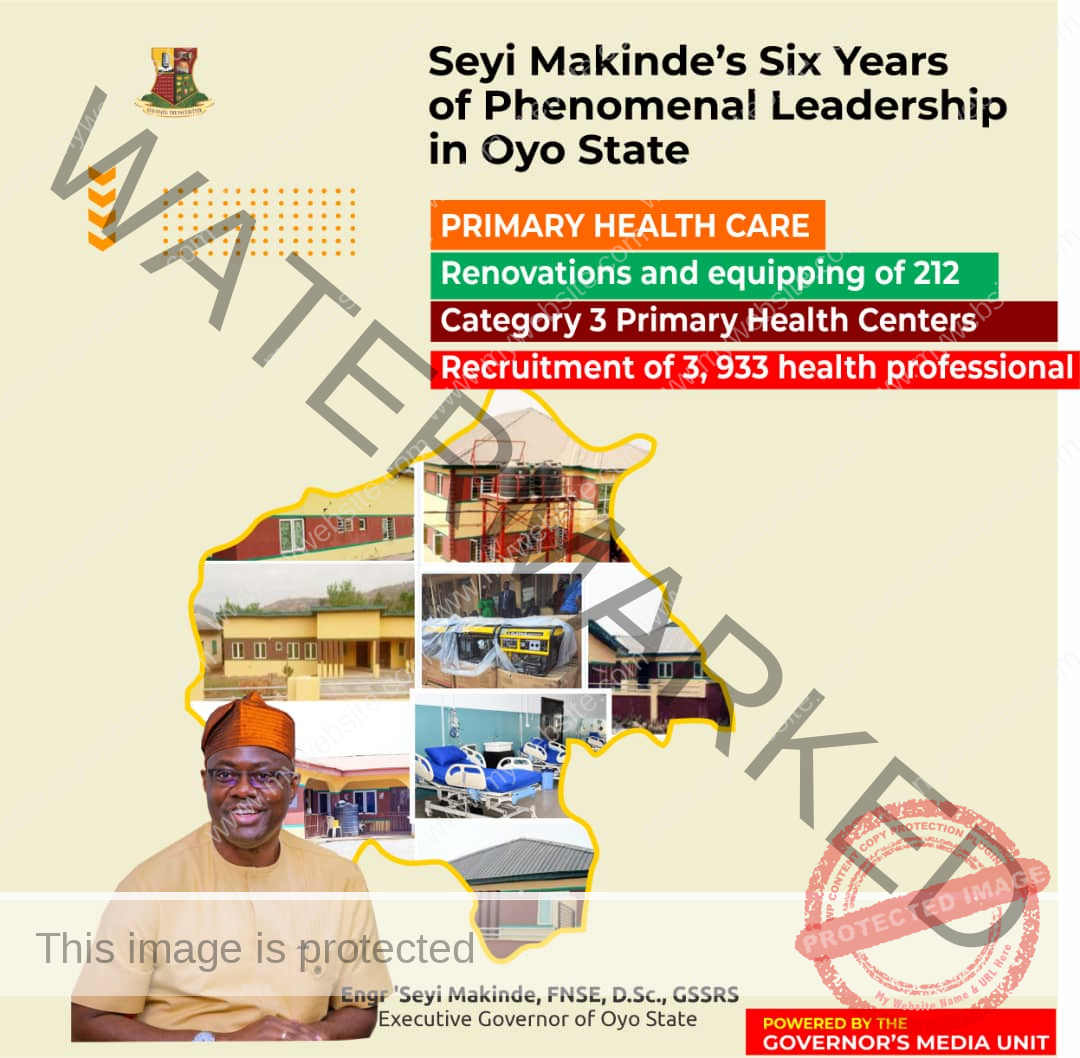
Though the IREV and BVAS helped to curtail electoral violence, vote snatching, and manipulation in many constituencies in 2023, the fact that the judiciary did not deem them as adequate electoral legal tenders is a red flag for future elections, which the National Assembly needs to fix very fast. This should have been done long before the series of state elections and by-elections that usually precede the general election.
Because the BVAS and IREV were not made compulsory by the 2022 Act, the new amendment needs to include such a mandatory clause. The contents of BVAS must be made compulsory for the determination of election results. So far, however, not much is being heard from the Senate and the House of Representatives on these key areas of the Electoral Act. The House of Representatives attempted to go overboard recently while considering the amendment bill for the 2022 Electoral Act, when it attempted to impose a compulsory voting clause, a move that was roundly condemned by Nigerians.
Though there are insinuations that the National Assembly may conclude the Electoral Act amendment process by the last quarter of 2025, the fact is that this is already late in the day. If the politicians are truly sincere, the amendment process should have been concluded a year into their tenure, such that the necessary test running is effected through the series of by-elections and the gubernatorial elections in Anambra, Bayelsa, Osun, and Ekiti States.
Good enough, the Nigerian Bar Association (NBA) was on hand recently to remind the lawmakers of the need to perform their duty to the nation. Chairman of NBA’s Electoral Reform Committee, Dr. Monday Ubani, SAN, who led members of his committee to the National Assembly, called on the lawmakers to urgently amend the Electoral Act 2022 by ensuring far-reaching reforms that would legalise the BVAS and IREV, among others. According to the NBA, the National Assembly should amend Sections 47 and 60 of the Electoral Act to make the use of BVAS mandatory for voter accreditation and recognisable as a legal requirement for elections.
The body of lawyers said that data from BVAS should be officially recognized as binding on the election results, while explicit legal recognition is also being sought for the electronic transmission of results to IReV. The lawyers are of the view that not doing so could continue to expose elections to undue manipulations, some of which were witnessed during the 2023 election.
The failure to grant legal teeth to both BVAS and IREV led to the protracted battle among the trio of President Bola Tinubu, Alhaji Atiku Abubakar, and Mr Peter Obi over the 2023 presidential election, a battle that dragged up to the Supreme Court. It is also noteworthy that the NBA has recommended that any INEC official who fails to transmit results electronically should face criminal sanctions, while the body also recommended the amendment of Section 29(5) to restrict the right to challenge a candidate’s qualification to only aspirants within the same political party. The body also proposed that the current 14-day time limit for filing pre-election matters be retained under Section 29(8) to ensure the timely resolution of disputes.
The body is also seeking amendments to the Act to ensure that election petitions are streamlined, with further amendments to Section 137 to allow the use of certified documents such as BVAS logs, IReV screenshots, and EC8A forms as sufficient evidence to prove irregularities. It equally recommended the establishment of an independent Electoral Offences Commission to handle electoral offenders.
While the NBA appears to be performing its civic role as stakeholders in the polity, there are other aspects of the electoral process that are crying for amendments. First, there is a need to do away with the 180-day window for completion of election petitions. While the 180-day clause amounts to an improvement on what we had at the start of the Fourth Republic, the time has come to adopt what looks like the global standard, where election petitions are dealt with before candidates are sworn in. A situation where a candidate is sworn in on either a crooked or a stolen mandate does not augur well for true representative government. In the case of a gubernatorial candidate, for instance, the fact that the already sworn-in candidate would have access to public funds and could utilise the same to fight the legal battle against his opponents is an undue advantage that negates the law of natural justice. As the saying goes, all sparrows maintain the same height, except the one that climbs a heap. And doing that amounts to foul play, anyway.
Whether it is the election of the president, the governors, or members of the parliament, all petitions must be thrashed out before a candidate is allowed to occupy the office.
Outside of that, there is a need for clear provisions regarding membership of political parties. Political parties must identify their members through electronic identity cards so that those who are to vote at primaries are identifiable. It would interest you to know that during primaries, some politicians just go to motor parks to pack whichever tout they can lay hands on and present them with party cards, and thereafter get declared as winners of primaries. With the collusion of party leaders, many politicians had gotten away with such robbery. Many even get ratified by the courts. What can anyone expect in terms of service delivery from a candidate who openly stole the mandate in the first instance? Our Electoral Act should cure such anomalies.
You can get every of our news as soon as they drop on WhatsApp ...To get all news updates, Join our WhatsApp Group (Click Here)




